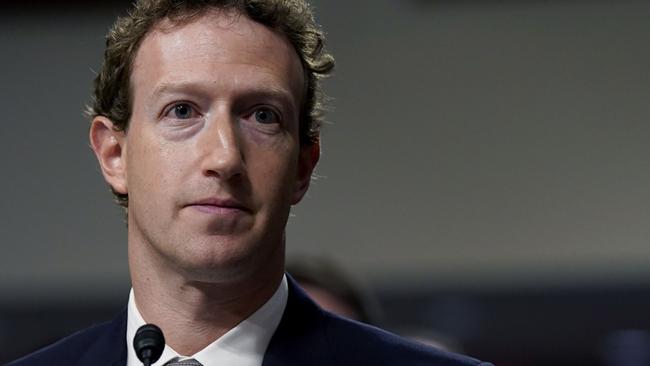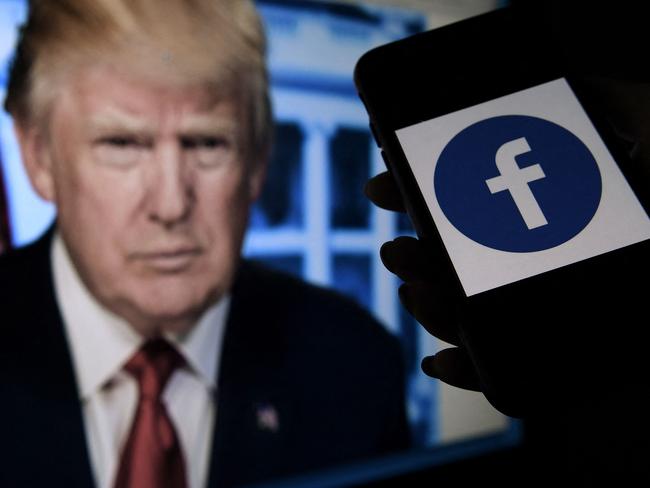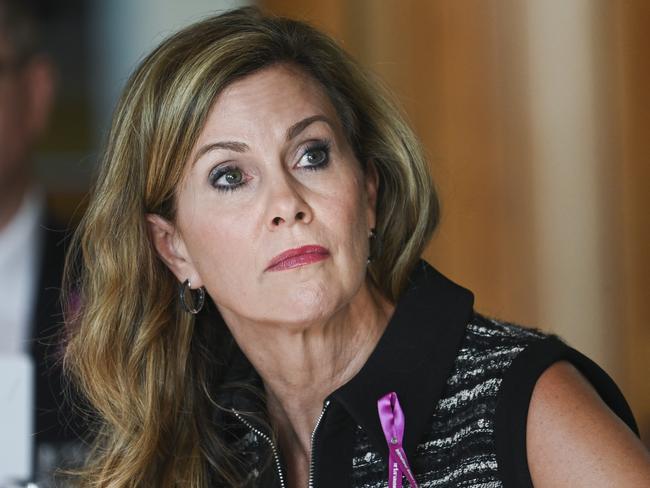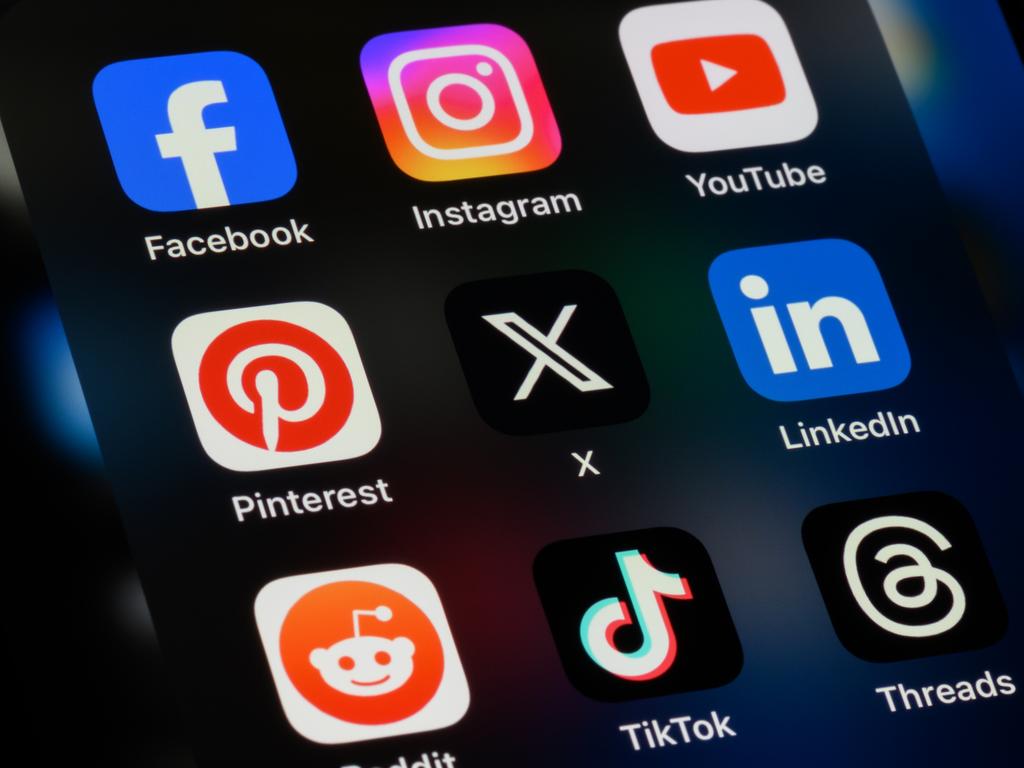Meta’s own ‘supreme court’ says shutting down CrowdTangle tool could limit checks on algorithmic bias
The Oversight Board has taken up cases reviewing Facebook decisions on ‘misinformation’ on during the voice to parliament referendum, and Donald Trump’s suspension following the January 6 riot.

Meta’s own “Supreme Court” has warned the company’s plans to shut off its main analytics tool could kneecap its capacity to rule on controversial Facebook and Instagram content, amid fears it could trample efforts to safeguard a number of major elections this year.
CrowdTangle – the tech giant’s current tool for collecting analytics – is set to go dormant within weeks, despite being considered the most useful way to figure out whether the algorithms that pump out popular Instagram and Facebook posts are biased.
While Meta has promised a replacement, both transparency advocates and experts working with the Facebook parent company warn there will be a gap in the ability to gather the necessary data to show if algorithms are being manipulated. These fears are at an all-time high with contentious elections this year in the US, Britain and India.
Queensland University of Technology’s Nicolas Suzor, the lone Australian on the Meta Oversight Board, said closing CrowdTangle would limit insight into the forces that power Facebook and Instagram and cement concerns the tech giant is “marking its own homework”.
“There’s lots of allegations and it’s easy for people to see why people have those concerns because there’s so little information available. Meta’s marking their own homework,” he told The Australian. “(The Oversight Board gets) internal data on specific decisions when we hear a case, Meta provides the results of an investigation they do on their side about what exactly happened and that includes a lot of data that is otherwise confidential.
“But what’s missing from that is a really good audit system for problems that we suspect might be systemic. It’s the difference between an individual mistake in a case, and allegations that there are, on a large scale … biases or problems that are not being dealt with in a way that we would expect. The new system provides, as I understand, some improvements over CrowdTangle, but still has some fairly big limitations about the scope of access.”
Meta (then Facebook) announced the creation of the Oversight Board in 2018 – nicknamed the “Facebook Supreme Court” – in response to mounting public scrutiny of its content moderation and fact-checking decisions on Facebook and Instagram.
The body, the company promised at the time, would be independent and have the power to instruct Facebook or Instagram to overturn a content moderation decision. Meta recruited high-profile figures – including ex-Danish prime minister Helle Thorning-Schmidt and Nobel Peace Prize laureate Tawakkol Karman, and ex-Guardian editor-in-chief Alan Rusbridger – to promote its independence.

Its most infamous decision was to sign off on the suspension of then US president Donald Trump in January 2021 and it has also reinstated pro-abortion posts after the supreme court’s striking down of Roe v Wade.
The Oversight Board in February this year announced it would consider an appeal about Facebook taking down posts during the lead-up to the voice to parliament referendum in Australia.
The board’s head of data and implementation, Naomi Shiffman, said the board’s research would face a “challenge” if Meta carried through with its promise to shut down CrowdTangle and that it was “critical” to its research.
“There are areas where CrowdTangle is still significantly better (than the ‘Meta Content Library’, an alternative tool Meta has pointed to) – Instagram coverage is currently more comprehensive in CrowdTangle than the Content Library, and CrowdTangle lets you search phrases, not just individual keywords,” she told The Australian.
“CrowdTangle also has time-series data for individual posts, which is critical for longitudinal research. We’ve heard (Meta’s) team is working on improving Instagram coverage and incorporating phrase search as a product feature but, until that happens, it will be a challenge to pull the right data while operating within the limits of the tool.”
The nation’s eSafety Commissioner, Julie Inman Grant, also raised concerns about Meta’s announcement to shut off CrowdTangle.

“It’s disappointing to see that Meta and other companies are shutting down avenues that allow researchers, governments and regulators to understand what type of content is being shared – including at what velocity and over what period – on their platforms,” she said. “Especially given recommender systems and algorithms are incredibly opaque.
“This is happening at a time when multiple governments and regulators across the globe are trying to compel greater transparency from Big Tech in the interest of improved citizen safety. After all, this is an industry that has historically overlooked (or looked the other way) when harms have played out on their platforms.”
This comes after the Australian government said it was “concerned about the lack of transparency from digital platforms” in response to Meta’s announcement about CrowdTangle. Meta declined to comment.
Separately, a group of advocacy organisations and researchers have signed an open letter that called on Meta not to shut off CrowdTangle. “Meta’s decision will effectively prohibit the outside world, including election integrity experts, from seeing what’s happening on Facebook and Instagram — during the biggest election year on record,” the letter reads. “This means almost all outside efforts to identify and prevent political disinformation, incitements to violence, and online harassment of women and minorities will be silenced. It’s a direct threat to our ability to safeguard the integrity of elections.”






